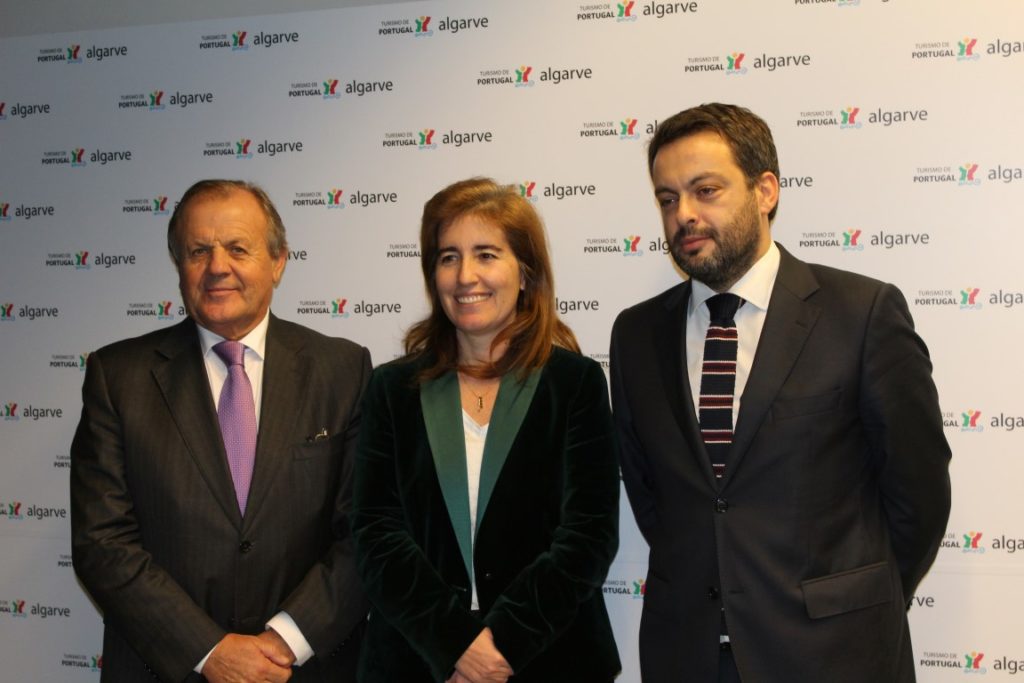 Strengthening qualified employment, training workers, according to the needs of each one, and strengthening employment contracts, from permanent to permanent contracts, are some of the purposes of the new program «FormAlgarve», which was presented yesterday, day December 16, at the headquarters of the Algarve Tourism Region (RTA), in Faro.
Strengthening qualified employment, training workers, according to the needs of each one, and strengthening employment contracts, from permanent to permanent contracts, are some of the purposes of the new program «FormAlgarve», which was presented yesterday, day December 16, at the headquarters of the Algarve Tourism Region (RTA), in Faro.
This programme, which follows on from previous ones such as +Algarve or Training Algarve, and is aimed at workers in the areas of hotels, restaurants, tourism, commerce, business services and construction, «it won't solve all the problems, but it will be an important step», wanting to help 500 people already in 2017.
The recipients of this program, "which has a budget of more than 1 million euros", as revealed by Miguel Cabrita, Secretary of State for Employment, are all workers who, in those areas, have a fixed-term employment contract, never inferior to 3 months, whose term ends between September 1st and December 31st of each year.
In statements to the Sul Informação, Madalena Feu, regional delegate of the Institute for Employment and Professional Training (IEFP), explained that “FormAlgarve”, which is just waiting for the ordinance to come out to start, represents an “evolution compared to previous programmes”. This is because this new program has improvements, such as the fact that the qualification «is adapted to the level of each one» and not «the same for everyone», as happened in the previous ones.
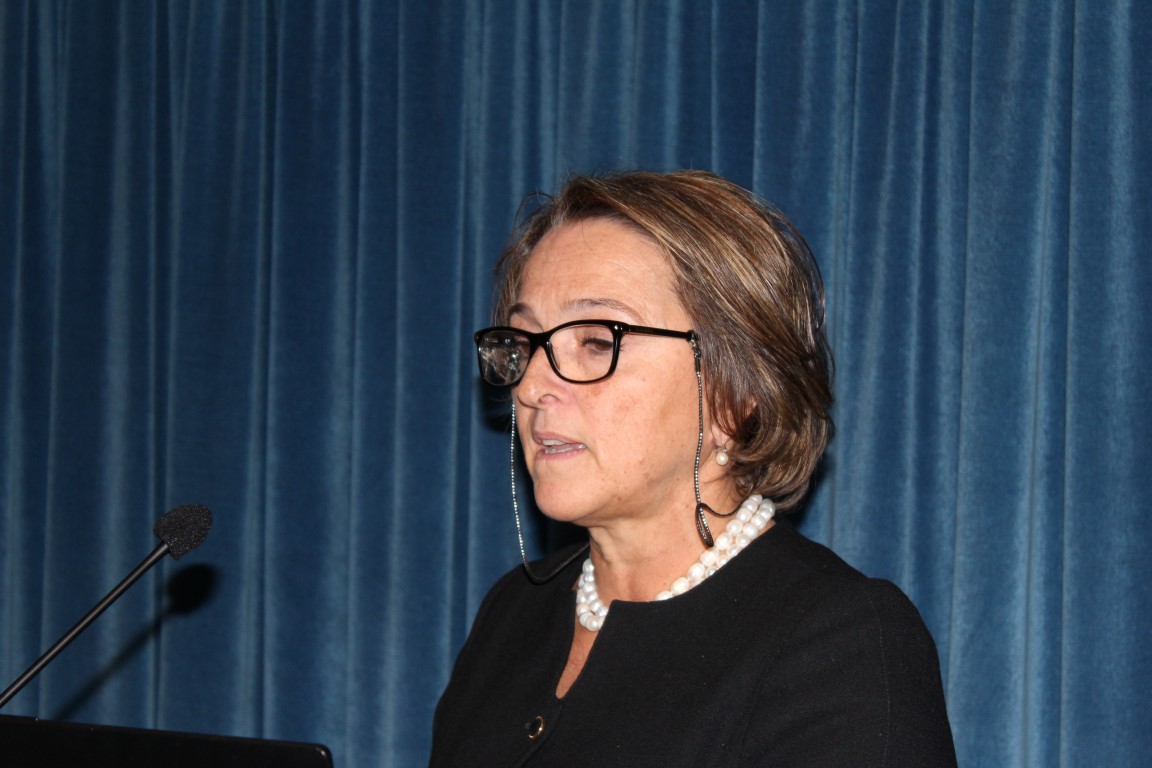
Thus, those with fewer qualifications, according to the levels of the National Qualifications Framework (NQF), will receive more hours of training. Workers with lower qualifications will undergo, before training, a process of Recognition, Validation and Certification of Competences (RVCC) and then the training path will be defined – whether a partial qualification or a full qualification.
Another novelty of this new program is “simplifying processes, such as the calculation of support at the training level”, explained Madalena Feu to our newspaper.
One of the main objectives of this program, in addition to qualification, is to support the hiring of workers. "We want to strengthen stable employment relationships, changing fixed-term contracts to permanent contracts." Even so, said the IEFP regional delegate, "as the secretary of state said, term contracts make sense in the hotel industry, due to seasonality."
For workers with qualifications equal to or higher than level 4 of the QNQ, the obligation is to move from fixed-term contracts to permanent contracts. For those who have level 3 or less, there is the possibility of being awarded support, even if the fixed term contract is for at least 1 year.
To provide these trainings, there will be three entities available: the IEFP, Turismo de Portugal or any other training entity, provided it is certified. "The operators choose", explained Madalena Feu to Sul Informação. The training areas are also already defined, as they will follow what is stipulated by the National Qualifications Catalog, which will always be the reference.
«There are courses and modules for partial and complete training that are defined in this context. Anyway, there is always the possibility of having extra-catalogue training, but that will be a limited percentage», said Madalena Feu.
The president of RTA Desidério Silva, after talk about the numbers known yesterday for tourism in the Algarve, said that the program "has raised the level of qualification of professionals, acting on their precariousness."
Ana Mendes Godinho, Secretary of State for Tourism, on the other hand, preferred to refer to “the valorization of workers and companies” that this program brings. In a good mood, and on balance, the Secretary of State also said that she does not know how many days she spent in the Algarve this year, but that she hopes to «spend many more in 2016».
Miguel Cabrita, Secretary of State for Employment, underlined that «FormAlgarve» follows «the active employment policies of the Government».
Find out about the available support:
As for financial support, these will be nine times the value of the Social Support Index (IAS), which is 419,22 euros, for each conversion of a fixed-term or uncertain-term employment contract into an open-ended contract. For each fixed-term contract renewal, the support is three times the IAS value. This support is also increased by 10% if an employer is a company with less than 10 workers.
In support of professional training, the amount is 75 euros, for every 25 hours, reaching the limit of 300 euros per worker with a level of qualification equal to or higher than 4 of the NQF, in the case of a job conversion to fixed term for no term, or uncertain term for an unlimited contract.
This limit value can be of 1200 euros per supported worker, if he has a qualification level equal to or less than 3 of the NQF, and if there is a conversion of the fixed-term or uncertain employment contract into an open-ended contract. Finally, this support can reach up to 900 euros per worker with a level of qualification equal to or less than level 3 of the NQF, in the event of a fixed-term employment contract renewal.
Photos: Pedro Lemos | Sul Informação
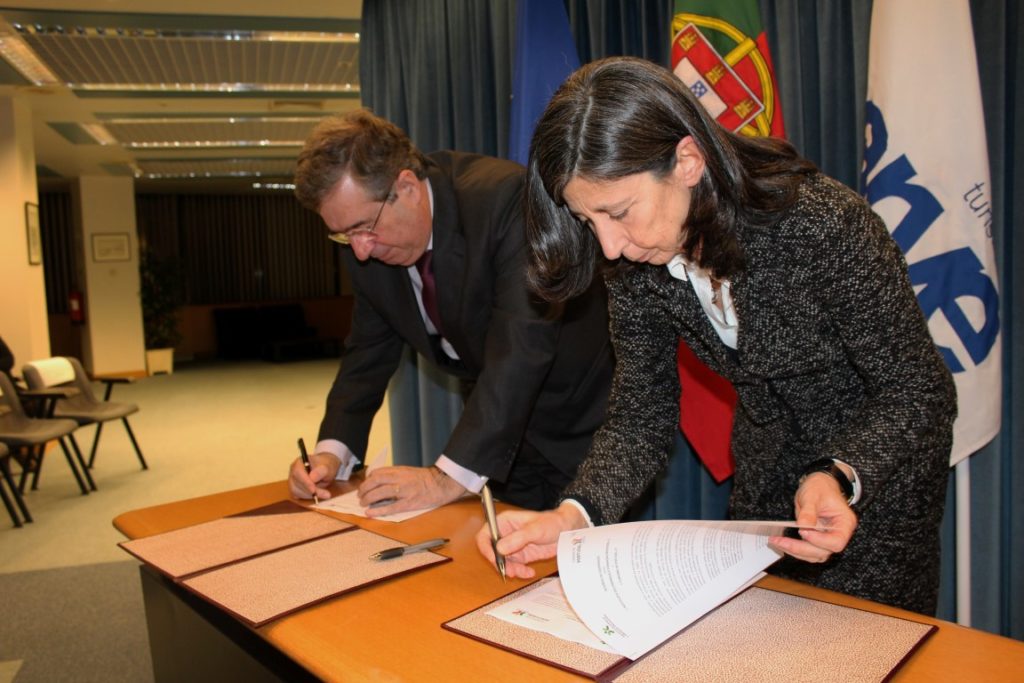
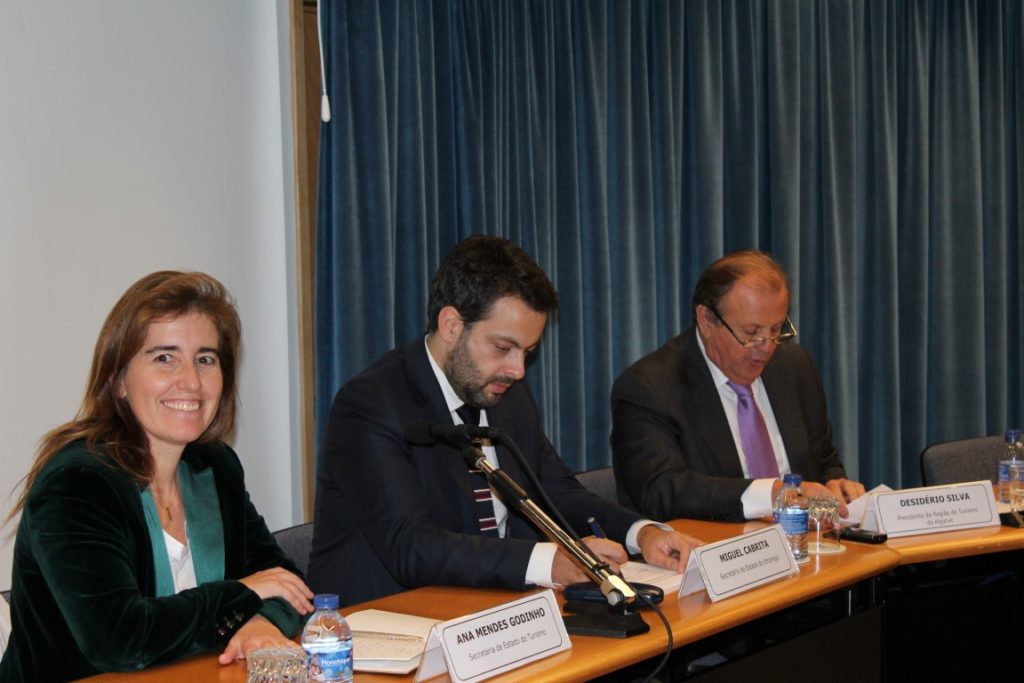
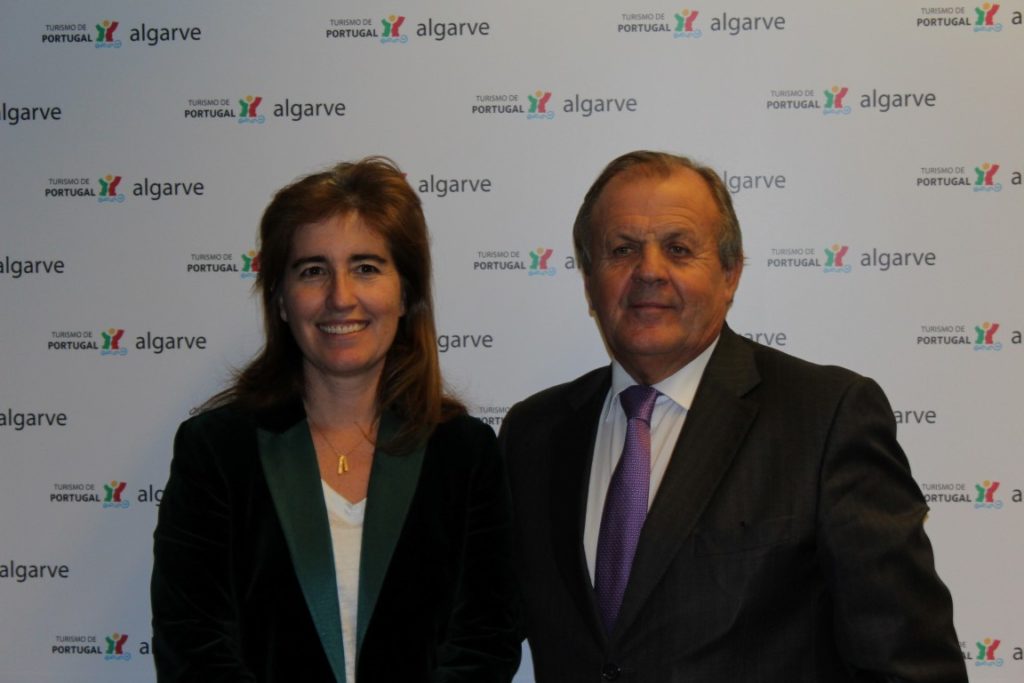
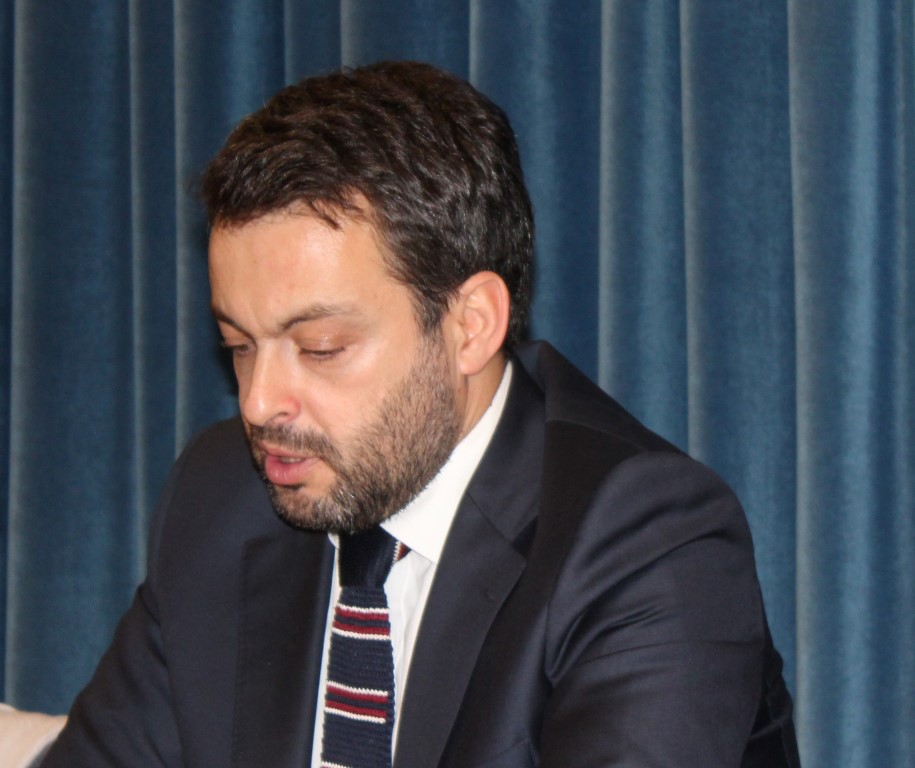
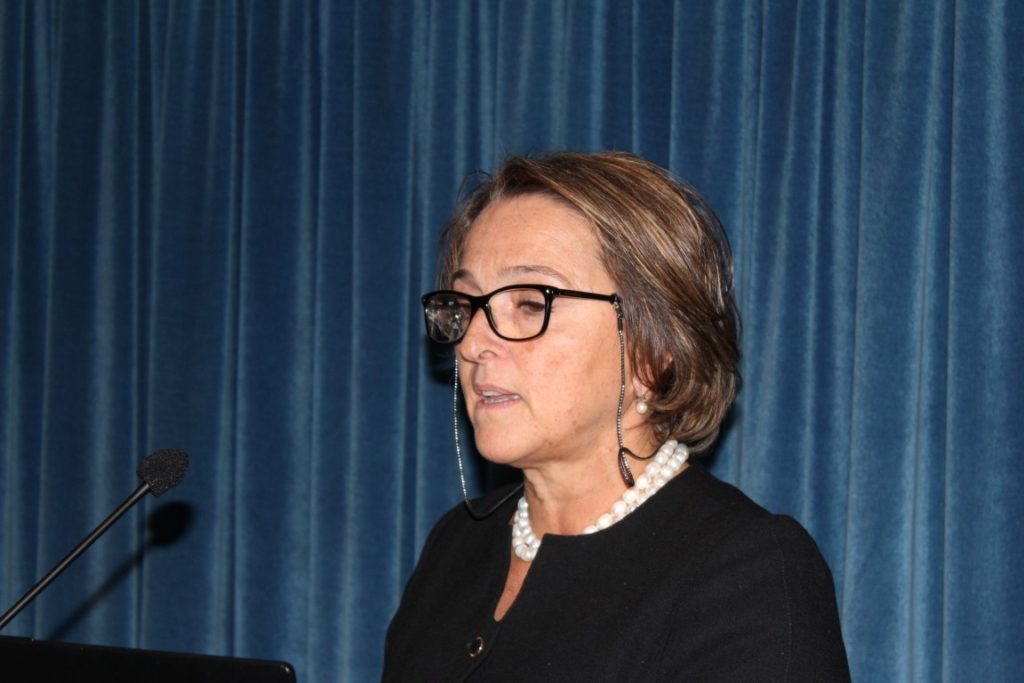
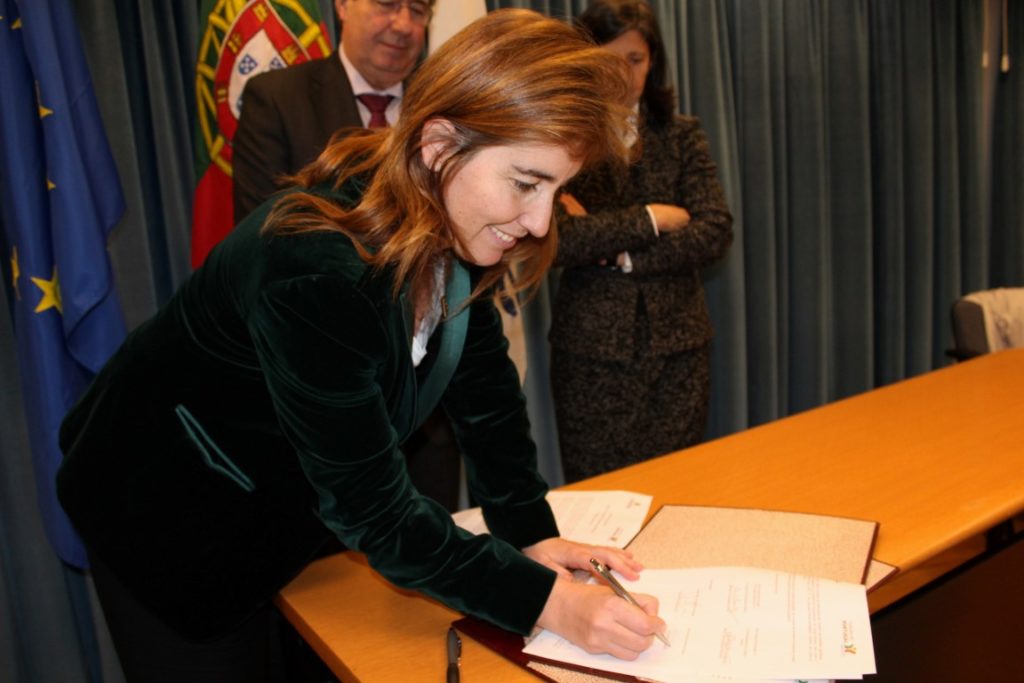


















Comments